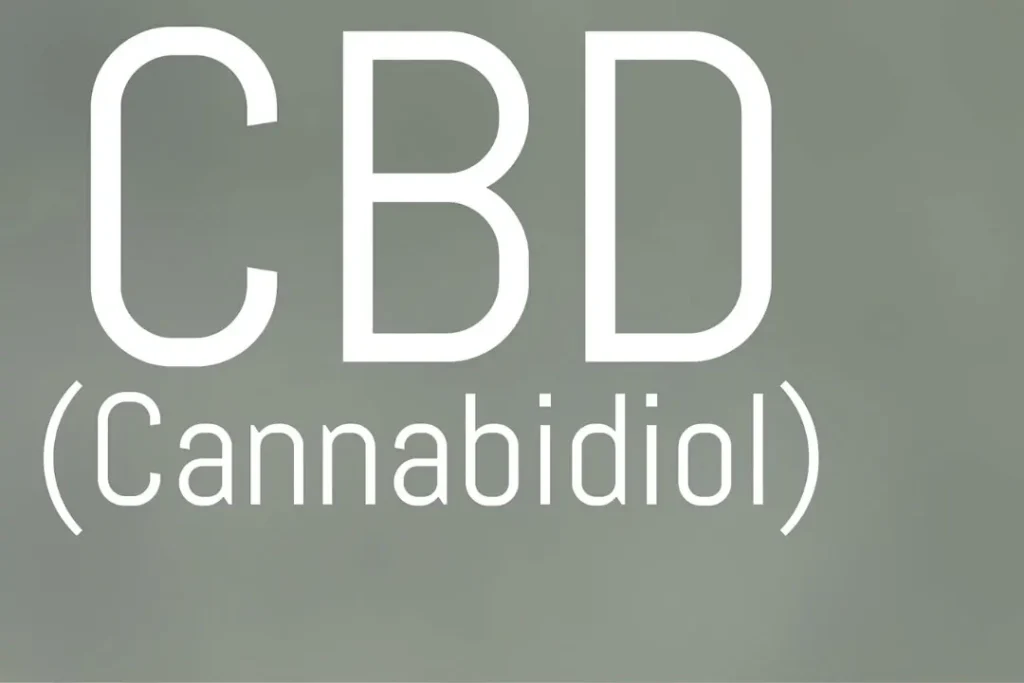Does CBD improve concentration? The powerful molecule interacts with receptors in the brain and can influence cognitive processes, attention, and mental clarity. Discover why CBD for concentration may be the productivity hack that transforms your day for the better.
Lacking focus? How many times a day do you try to regain control of a wandering mind that will not stay on track? Do you catch yourself jumping from subject to subject, easily sidetracked? It’s no surprise, given how many distractions our modern world throws at us. We are bombarded with emails, text messages, notifications, and social media all while coping with the routine demands of everyday life.
In an attempt to get these situations under control, we turn to multitasking—juggling multiple tasks simultaneously—only to discover that multitasking is an illusion. Our brains can only process one thing at a time. As we’re able to accomplish less, our stress and anxiety levels rise, leading to even more frustration.
A University of California study found that after each interruption it takes over 23 minutes to refocus (Mindtools), and “Multitasking can sap our brainpower; the equivalent of dropping 10 IQ points.”
Is there a possible solution for better focus with renewed energy? This is where CBD for concentration may come into play.
You May Also Like:
Should You Try CBD for Focus? Here Are the Facts.
CBD for Concentration: 3 Epic Benefits that Boost Your Focus
CBD for Concentration: The Productivity Hack for Energy and Focus is an original (NootropicsPlanet) article.
What is CBD and how does it work in your body?
CBD, also known as cannabidiol, is a molecular structure derived from the hemp plant, from which delta-9 tetrahydrocannabinol (THC)—the active ingredient in marijuana—is extracted. Unlike marijuana, CBD is non-psychoactive, i.e., it does not cause “highs.”
CBD interacts with the human body’s endocannabinoid system, or ECS. “The ECS comprises a vast network of chemical signals between cellular receptors that are densely packed throughout our brains and bodies,” Harvard Health explains. Cannabinoid receptors in the brain “control the levels and activity of other neurotransmitters,” such as serotonin, dopamine, and oxytocin.
When ingested, CBD rapidly interacts with two receptors in the ESC— CB1 and CB2—which then transmit messages to the cerebral cortex, cerebellum, and basal ganglia – parts of the brain responsible for memory, pleasure, thinking, coordination, and movement.
The ECS regulates a broad spectrum of biochemical processes including pain management, inflammation, sleep, mood, and digestion, Medical Daily explains. Researchers are studying CBD to combat anxiety, insomnia, post-traumatic stress disorder, pain, and inflammation (Johns Hopkins).

CBD legality, potential dependence, and side effects
It’s legal! The 2018 Farm Bill made CBD legal under U.S. Federal law, so long as it’s derived from hemp and contains no more than 0.3% THC. According to the World Health Organization, “CBD exhibits no effects indicative of any abuse or dependence potential … To date, there is no evidence of public health-related problems associated with the use of pure CBD.”
Harvard Health cautions possible CBD side effects may include irritability, nausea, and fatigue; Mayo Clinic lists dry mouth, diarrhea, and reduced appetite, as well. Drug interactions may be a concern: “CBD can increase the level of blood thinning and other medicines in your blood by competing for the liver enzymes that break down these drugs,” Harvard notes.

CBD for concentration, focus, and energy
While medical authorities warn against exaggerated or unproven claims being made for CBD, there are scientific studies that support CBD for concentration based on its effectiveness in relieving common causes of distraction. It appears to do so by lowering anxiety and stress, reducing pain, and improving sleep:
CBD is proven to reduce anxiety and stress, which limit our ability to focus and maintain attention. “CBD can support focus by helping to manage stress, enhance our sense of calm, and regulate our mood,” explains holistic physician Sony Sherpa, M.D. “You may feel mellow, experience less pain, and be more comfortable” with CBD, Harvard Health notes.
A 2019 study, “Cannabidiol in Anxiety: A Large Case Series,” found that anxiety scores decreased within the first month in 57 patients (79.2%) and remained decreased during the study duration.” The researchers concluded that CBD for concentration provides benefits by reducing anxiety-related disorders.
A 2018 study reports, “Cannabidiol modulates serotonin transmission and reverses nerve pain and anxiety-like behavior in a model of neuropathic pain,” and suggests that CBD can “help us get in a focused flow.” The study concludes, “associated effects include reduction of anxiety and stress, with increasing evidence of the anxiolytic (anxiety-reducing) effects that CBD for concentration may provide.”
CBD helps regulate sleep patterns, which can combat insomnia and other sleep disruptions. Studies associate consistent deep sleep patterns with improved concentration and energy. CBD supplements are being credited with helping to improve cognition, mood, and perspective by enabling the mind to “cool off.”
The effectiveness of CBD for concentration can be further enhanced by proven lifestyle practices, including aerobic and resistance exercise, yoga, meditation, mindfulness, and diet.
CBD for Concentration: The Productivity Hack for Energy and Focus is the (NootropicsPlanet) report.

CBD for concentration from Joy Organics
A dedication to quality, safety, and reliability distinguishes Joy Organics, a Colorado family-owned CBD market leader. Co-founder Todd Smith assures that, “We don’t take shortcuts; each of our more than 30 CBD products is organic, and formulated at 20% over label claim, to make sure it meets or exceeds expectations.” This ensures superior bioavailability and value to Joy Organics’ consumers. In a mostly unregulated market for CBD supplements, “We emphasize compassion, integrity, and excellence.”
Which of Joy Organics’ CBD for concentration products to use? “Our USDA Certified Organic Full Spectrum (less than 0.3% THC) Unflavored Tincture is clean, effective, and versatile,” co-founder Joy Smith recommends. It’s fast and easy to ingest; simply squirt the pre-measured dose beneath your tongue and keep it there for a few seconds, then swallow.
The active CBD molecules go to work within minutes to provide the relief and relaxation you seek. The CBD tincture can be used sublingually day or night to immediately relieve stress and tension. If preferred, the Unflavored Tincture can be added to baked goods or beverages. For topical use, blend with your favorite essential oil and massage it into the skin. A certificate of quality assurance and third-party lab results accompany every Joy Organics product.

Assuring the quality of CBD for concentration
While the FDA allows for the sale of CBD, it does not regulate the benefit claims that supplement providers make. Testing frequently shows that many CBD products do not contain what is listed on their labels. Harvard Health advises “If you decide to try CBD, be sure you are getting it from a reputable source.”
Further Reading for Additional Knowledge:
Harvard Health: “Cannabidiol (CBD): What We Know and What We Don’t”
Johns Hopkins: “Cannabis Science Laboratory”
Mayo Clinic: “What are the Benefits of CBD—Is it Worth the Risk?”
Important Note: The information contained in this article (CBD for Concentration: The Productivity Hack for Energy and Focus) is for general informational purposes only, and should not be construed as health or medical advice, nor is it intended to diagnose, prevent, treat, or cure any disease or health condition. Before embarking on any diet, fitness regimen, or program of nutritional supplementation, it is advisable to consult your healthcare professional in order to determine its safety and probable efficacy in terms of your individual state of health.
Regarding Nutritional Supplements Or Other Non-Prescription Health Products: If any nutritional supplements or other non-prescription health products are mentioned in the foregoing article, any claims or statements made about them have not been evaluated by the U.S. Food and Drug Administration, and such nutritional supplements or other health products are not intended to diagnose, treat, cure, or prevent any disease.


